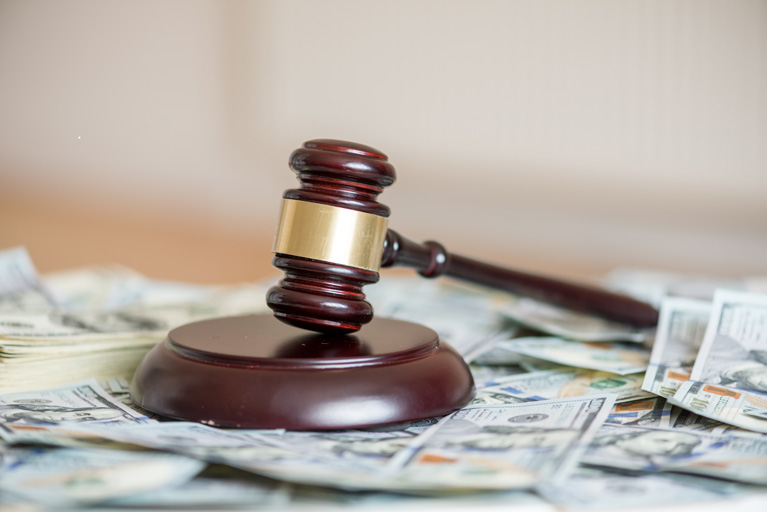Bail exoneration is a significant aspect of the legal process that often raises questions and concerns. This article aims to breakdown the concept and provide insights into what happens when bail gets exonerated, including examples and the process involved.
Key Takeaways
| Aspect | Details |
| Definition of Exoneration | Release of bail bond upon case completion, irrespective of the case outcome |
| Exoneration Process | Varies based on case outcomes such as acquittal, dismissal, or conviction |
| Responsibilities | Compliance with all court requirements is crucial for exoneration |
| Financial Implications | Bail amount is refunded, but fees for bail bond services are typically non-refundable |
| Exceptions to Exoneration | Missing court hearings, additional charges, or skipping bail can deny exoneration |
What is Bail Exoneration?
When a legal trial or a set of hearings concludes, the court may exonerate a bail bond, effectively discharging it. This means the defendant and their guarantor (often a family member or a bail bondsman) are relieved of responsibilities related to the bail bond terms.
Exoneration in Different Scenarios
- Guilty Pleas: Even in cases of guilty pleas without a trial, bail can be exonerated, although the prosecution might contest the plea and call for a new trial.
- Acquittals and Dismissals: Upon acquittal or dismissal of charges, bail gets exonerated, releasing the defendant and their guarantor from any obligations.
- In Case of Conviction: Surprisingly, even if a defendant is found guilty, the bail amount is refunded, with the bail bond company receiving the funds if they covered the bail.
Responsibilities for Exoneration
It’s crucial for defendants to adhere to all court requirements, such as attending hearings, to ensure bail bond exoneration. Failing to meet these conditions, like skipping bail or missing a hearing, can lead to a denial of exoneration.
Financial Aspects
While the bail amount is refunded upon exoneration, any fees, premiums, or other charges imposed by the bail bond service provider remain payable by the defendant or their guarantor.
The Exoneration Process
The exoneration process can vary depending on several factors:
- Acquittal: Occurs after a jury or bench trial or other judicial proceedings find the defendant not guilty.
- Dismissal, Discharge, or Withdrawal: Can happen due to insufficient evidence, dismissal without conditions, or new evidence proving innocence.
- Appellate Exoneration: May occur if a conviction is reversed or changed on appeal.
In all scenarios, the exoneration of bail signifies the end of the defendant’s legal obligations in relation to the bail bond.
Examples of Bail Exoneration
- Case Dismissal: Charges against a defendant are dropped due to insufficient evidence, leading to immediate exoneration of bail.
- Guilty Plea Without Trial: A defendant pleads guilty at arraignment, and the court approves the plea without a trial, resulting in bail exoneration.
- New Trial Orders: If a new trial is ordered, previous bail bonds get exonerated, and the process begins anew for the subsequent trial.
In Conclusion
Understanding the nuances of bail exoneration is crucial, especially in challenging legal circumstances. If you or a loved one needs assistance with bail bonds and navigating the exoneration process, Escondido Bail Bonds is here to help. With 24/7 availability and a commitment to providing professional bail bond services, you can rely on us in your time of need. For expert guidance and support, contact Escondido Bail Bonds at (760) 546-7777.





